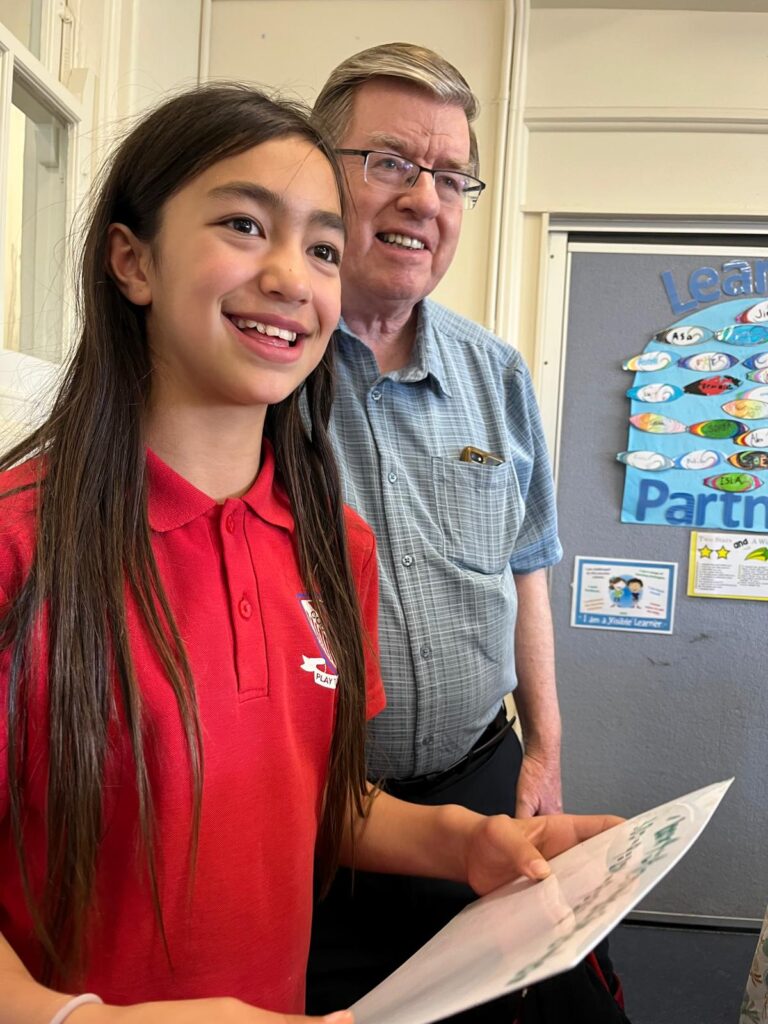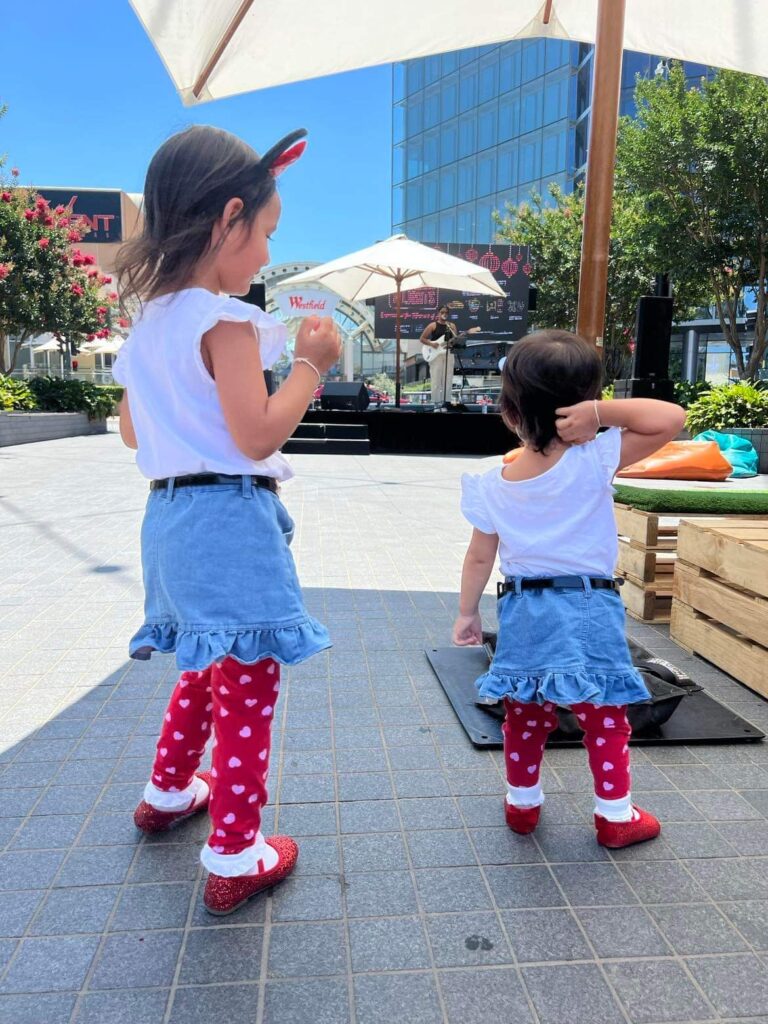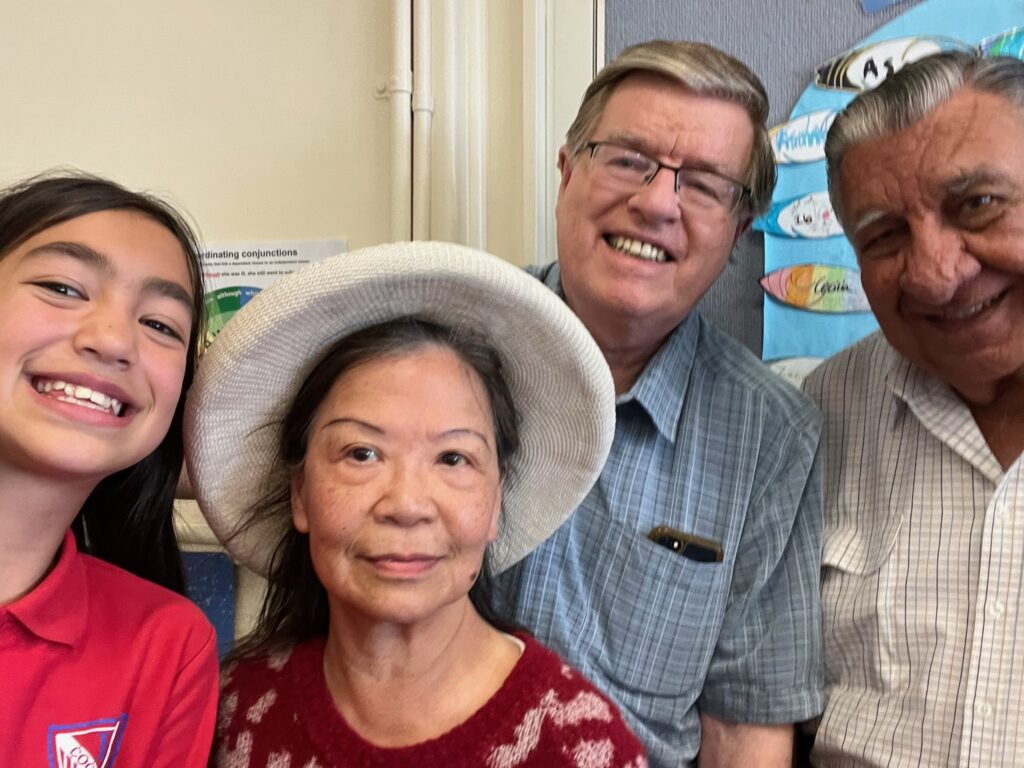Retired and readying myself to be a helpful grandparent.



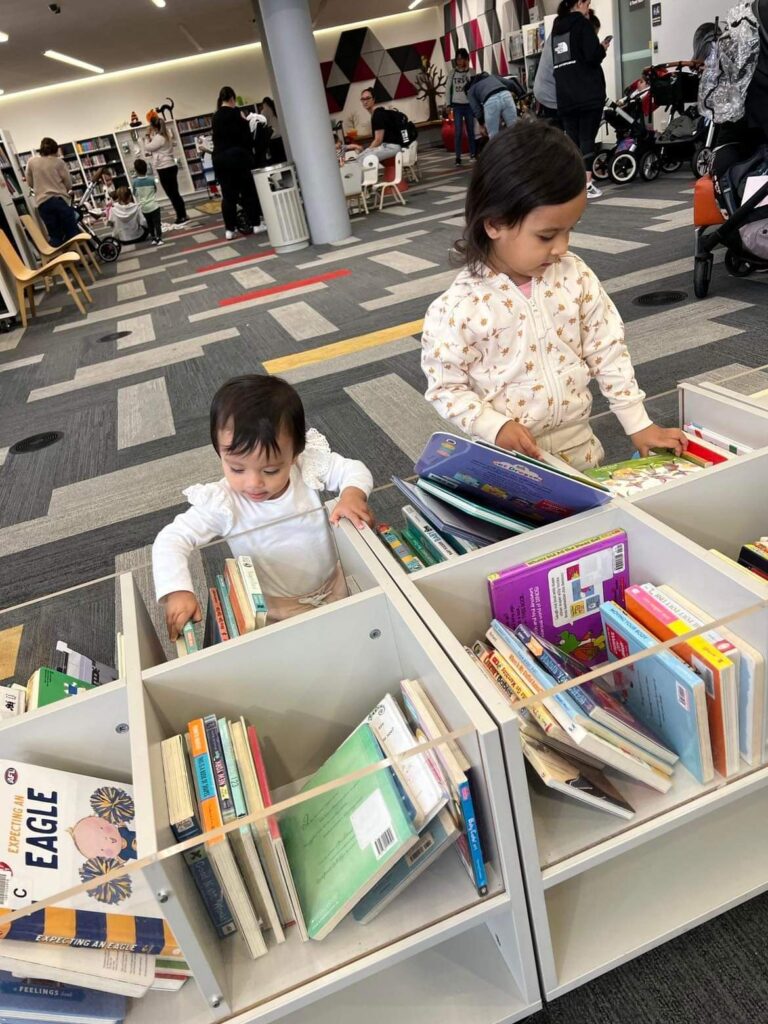
Children are the most precious treasure a community can possess, for in them are the promise and guarantee of the future. They bear the seeds of the character of future society which is largely shaped by what the adults constituting the community do or fail to do with respect to children. They are a trust no community can neglect with impunity. An all-embracing love of children, the manner of treating them, the quality of the attention shown them, the spirit of adult behavior toward them—these are all among the vital aspects of the requisite attitude. Love demands discipline, the courage to accustom children to hardship, not to indulge their whims or leave them entirely to their own devices. An atmosphere needs to be maintained in which children feel that they belong to the community and share in its purpose. They must lovingly but insistently be guided to live up to Bahá’í standards, to study and teach the Cause in ways that are suited to their circumstances.Among the young ones in the community are those known as junior youth, who fall between the ages of, say, 12 and 15. They represent a special group with special needs as they are somewhat in between childhood and youth when many changes are occurring within them. Creative attention must be devoted to involving them in programs of activity that will engage their interests, mold their capacities for teaching and service, and involve them in social interaction with older youth. The employment of the arts in various forms can be of great value in such activity.
And now we wish to address a few words to parents, who bear the primary responsibility for the upbringing of their children. We appeal to them to give constant attention to the spiritual education of their children. Some parents appear to think that this is the exclusive responsibility of the community; others believe that in order to preserve the independence of children to investigate truth, the Faith should not be taught to them. Still others feel inadequate to take on such a task. None of this is correct. The beloved Master has said that “it is enjoined upon the father and mother, as a duty, to strive with all effort to train the daughter and the son,” adding that, “should they neglect this matter, they shall be held responsible and worthy of reproach in the presence of the stern Lord.” Independent of the level of their education, parents are in a critical position to shape the spiritual development of their children. They should not ever underestimate their capacity to mold their children’s moral character. For they exercise indispensable influence through the home environment they consciously create by their love of God, their striving to adhere to His laws, their spirit of service to His Cause, their lack of fanaticism, and their freedom from the corrosive effects of backbiting. Every parent who is a believer in the Blessed Beauty has the responsibility to conduct herself or himself in such a way as to elicit the spontaneous obedience to parents to which the Teachings attach so high a value. Of course, in addition to the efforts made at home, the parents should support Bahá’í children’s classes provided by the community. It must be borne in mind, too, that children live in a world that informs them of harsh realities through direct experience with the horrors already described or through the unavoidable outpourings of the mass media. Many of them are thereby forced to mature prematurely, and among these are those who look for standards and discipline by which to guide their lives. Against this gloomy backdrop of a decadent society, Bahá’í children should shine as the emblems of a better future.
(Riḍván 2000 – To the Bahá’ís of the World)
www.bahai.org/r/127688672
Spiritual education:
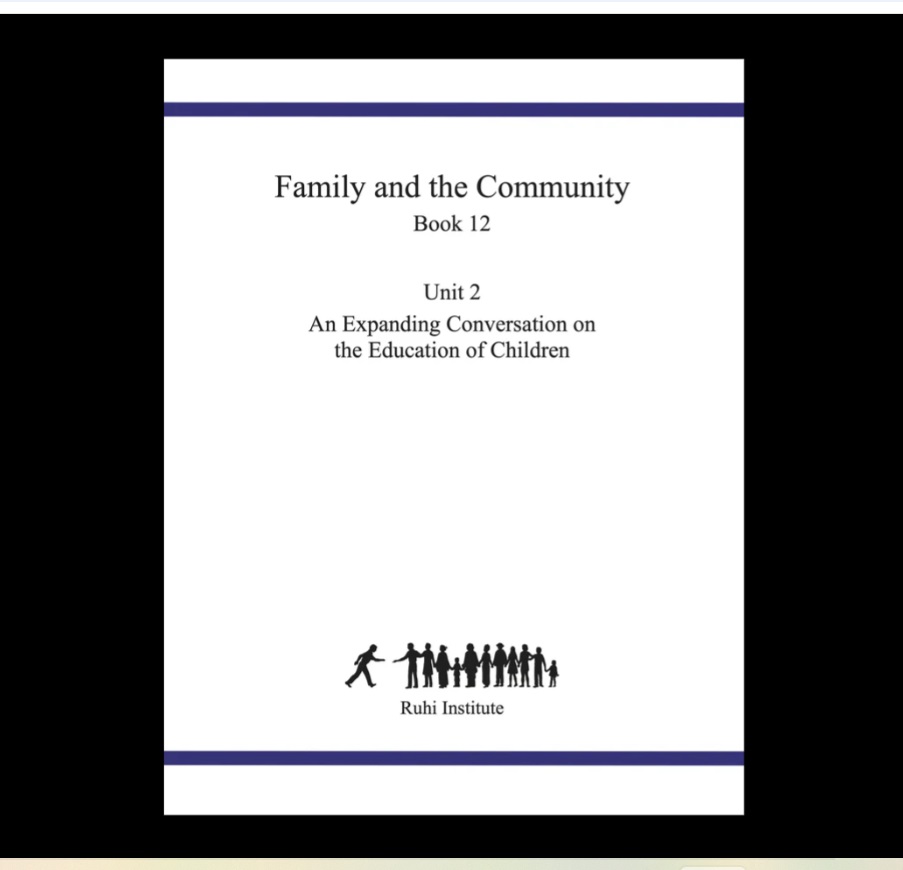
Contents
- Introduction
- Scenario – Start of a conversation
- Obligation to teach children
- Family – its relationship to community
- Preparing our thoughts and attitudes
- Education: Human potential
- Education: Human nature and latent potential
- Education: Spiritual education of children is essential
- Education: To be staunch in faith.
- Education: Overcoming lower nature, knowing one’s true self and guarding against the insistent self
- Discipline
- Social environment and our two-fold moral purpose
- Reflecting on our conversation so far
- Relationships within the family
- Transformation: Rectitude of conduct
- Transformation: Purity and sanctity
- Transformation: Elimination of prejudice
- Truthfulness, courage and wisdom
- Community responsibility.
A problem-solving resource:
